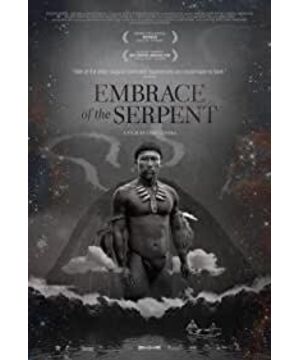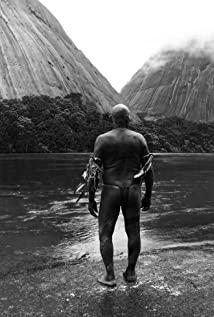by the way: From this film, I can’t help but think of a book, the Polish anthropologist Malinowski’s "A Diary in a Strict Sense", which recorded him in 1910s. When doing fieldwork in New Guinea, I had a lot of personal, miscellaneous things I saw, heard, and felt. During this period, the unabashed colonists viewed the mentality of barbarians, the distinction between east and west, and even racial discrimination, and the "cultural empathy" promoted in his official works towards others and local aboriginals, and became moral, emotional and intellectual with them. The community", when the faith is very divided, it seems to be the object of his own criticism and want to get rid of. And those very moving lyrics, such as "We can enter the consciousness of barbarians and observe the outside world through their eyes, and feel their feelings...", "If we truly understand other people with respect (even if We are barbarians), we will undoubtedly expand our vision...", "If we cannot get rid of the shackles of the customs, beliefs and prejudices that we are born to accept, we will not be able to finally reach the way Socrates knows ourselves. Wisdom..." It became a kind of irony. (Inner OS: The broken thoughts of anthropologists are quite terrifying, and it may become a dark history that has been carefully preserved and carefully studied... If you think about the day you might leave a history, not just field notes, but even private diaries. You have to pay attention. Of course, whether you are honestly facing your own prejudices and limitations is your own choice...)
This film happens to tell a story from a similar period. How to criticize or even get rid of the vision of the "other", whether it is a scholar or an art creator, there are always various attempts and struggles. This film should be considered as one, and it's not a bad attempt.
Another problem is that, as many anthropologists believe, an important purpose of ethnographic research is to understand the relationship between the views of the locals and their lives, their understanding and vision of the world, then this is by becoming with them "Community", still maintain a certain distance (perhaps this distance is a natural or even natural existence, but also countless scholars and artists, including this film who is trying to criticize, dispel and transcend), observe and reflect from a distance to complete. If you look at the book mentioned above, Malinowski actually did it in a way that is contrary to what he believes and advocates, which is the second way; and the criticism and criticism expressed in this film The struggle clearly points to the first type, perhaps even deeper.
PS: The state of watching the movie is very poor, and the battle is tired, so that the first 20 minutes are dizzy, not quite worthy of this very hard-working film, plus one extra star to compensate, five stars: D
View more about Embrace of the Serpent reviews










